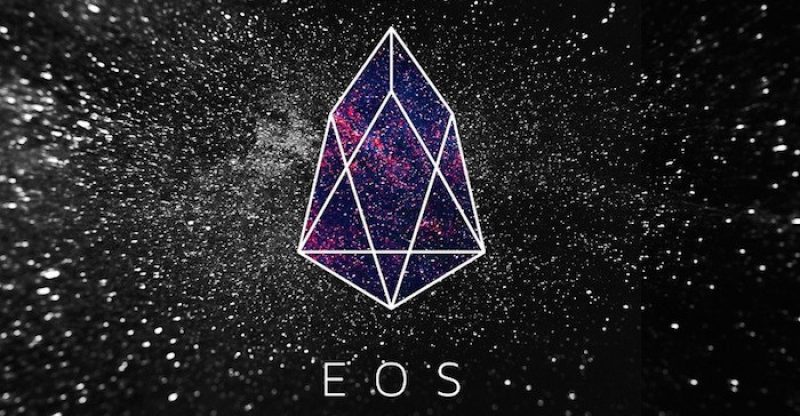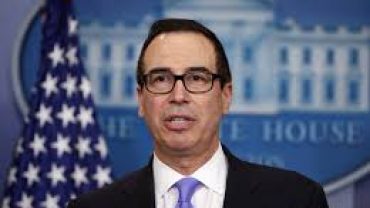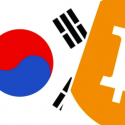EOS Goes Through Constitutional Emergency in Relation to Frozen Accounts
One critic described the on-chain governance model taken by the promising EOS network as “consensus by conference call” following various high profile incidents relating to block producers.
Quite recently, the network’s 21 block producer froze seven EOS accounts which are claimed to belong to thieves who have stolen money by duping users through fraudulent means. This event took place on June 7.
Even though it is highly debated in its own right, the action was actually conducted in violation of the EOS constitution, which gives such on-chain governance stance to an arbitration body.
From Article IX:
“All disputes arising out of or in connection with this Constitution shall be finally settled under the Rules of Arbitration of the International Chamber of Commerce by one or more arbitrators appointed in accordance with the said Rules.”
At first, the EOS Core Arbitration Forum (ECAF) – the body given the responsibility to handle this decision- refused to order the block produces to freeze the accounts, referring to a lack of jurisdiction given that EOS token holders are yet to officially approve the constitution.
Yet, on June 17, the block producers have already frozen the accounts, a step taken, expressively in violation of the constitution, over a conference call that included block producers and arbiters.
According to EOS New York in its summary of the incident:
“When we learned the ECAF would not change its position, it was clear that the judiciary was not available to the community and these affected community members at this time. We now found ourselves thrust into a position of acting as both executive and judiciary, which we initially resisted. We plead with the accompanying Block Producers/Candidates that the ECAF must step forward to issue the emergency freeze action on the affected accounts. Without this, we proceeded as a group to review the evidence ourselves, and came to a difficult decision of executing based upon the evidence brought forth.”
For now, EOS42 warranted the action on the basis that the producers are not bound by the constitution given that it is yet to be approved.
“As we said on the call, our own conclusion is that if a ratified EOS constitution and arbitration were in place, then it would indeed be a fundamental overstep of Block Producers to do more than action arbitration decisions.”
On the other hand, critics debate that, if block producers are ready to take such disciplinary actions, at this early stage of the network’s history, there is no reason to believe that things will be different in the future, especially if the government forces them to remove certain transactions or users.
Founder of protocol governance project Harbour, Dean Eigenmann debated on Medium that EOS is built to provide too much power to block producers, making it an “oligarchy veiled in a democracy” and liable to corruption.
“The sheer centralization of the entire governance system of EOS and the network itself is concerning. I fear many users are not actually aware of how centralized it really is,” he wrote. “The governance of EOS seems like it started off with the right intentions, but by trying to solve for every possible edge case turned into a centralized system where the power to do absolutely everything is given to the block producers.”





